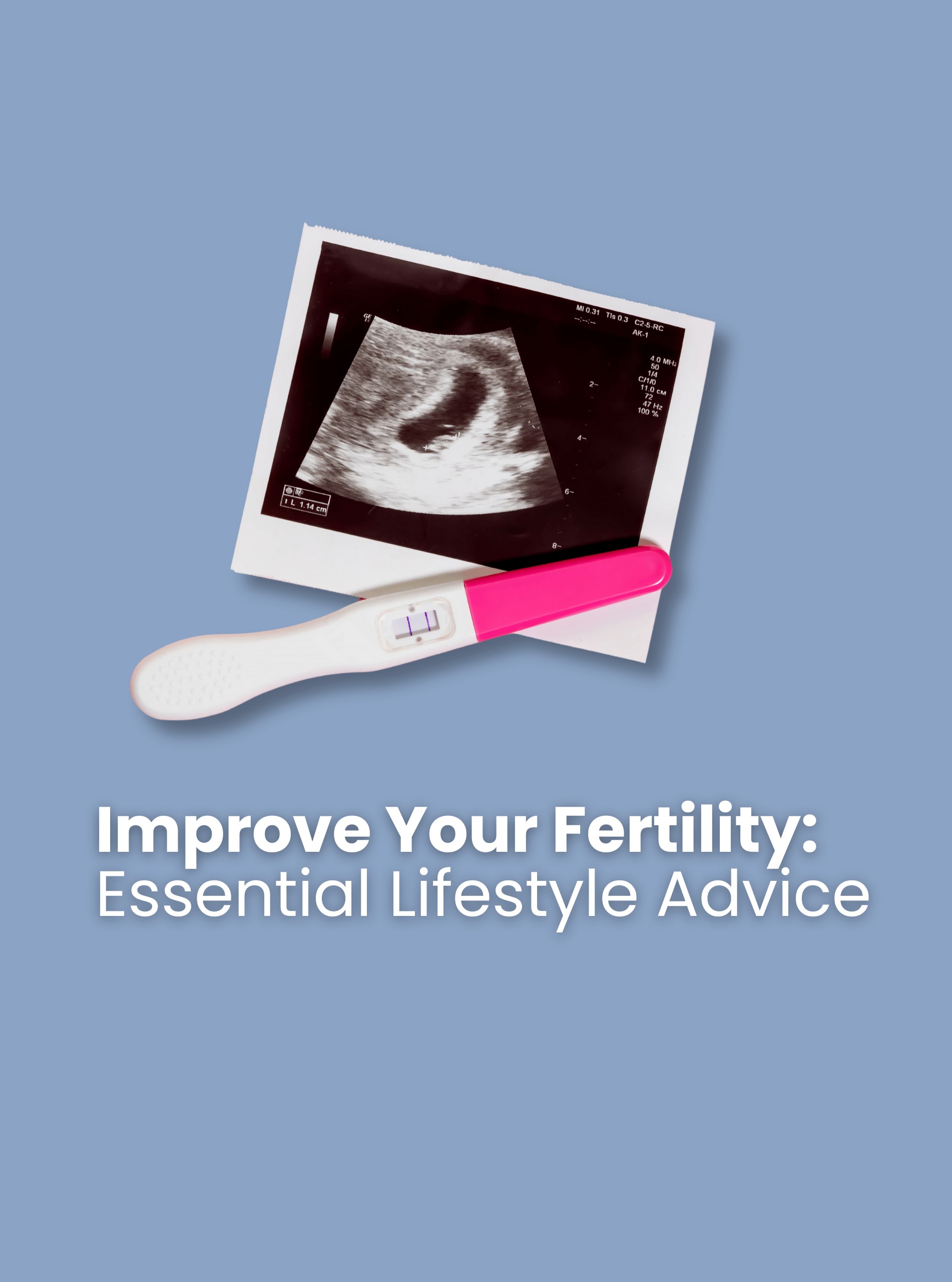


Pregnancy occurs naturally for most couples, with about 80% conceiving within a year if the woman is under 40 and they have regular unprotected sex (every 2-3 days). However, around 1 in 7 couples encounter difficulties due to factors such as ovulation problems in women or sperm disorders in men.

The likelihood of conception is highest in the first month of trying, with about a 30% success rate, decreasing to approximately 5% by the end of the first year. Cumulative conception rates show that about 75% conceive after six months, 90% after a year, and 95% within two years. Couples who fail to conceive after a year of regular unprotected intercourse, a condition known as subfertility, often need to make lifestyle changes and may require medical intervention.

Weight and exercise significantly influence fertility. Women with a body mass index (BMI) above 30 or below 20 may struggle to conceive. Women with a BMI over 30 should aim to lose weight through diet and exercise to improve fertility outcomes, while underweight women should focus on gaining weight and reducing excessive exercise. Similarly, men’s fertility can be negatively affected by obesity, which impacts sperm quality and hormone levels.

Smoking severely reduces fertility in both men and women, increasing the risk of infertility and pregnancy complications. Couples trying to conceive should minimize or avoid alcohol consumption entirely, as it can impair fertility in both sexes. Limiting caffeine intake to no more than 200mg per day (approximately 2 cups of instant coffee) is also recommended to enhance fertility potential.

Understanding ovulation cycles is crucial; couples are most likely to conceive if they have sex 2 days before ovulation occurs (around day 12 of a 28-day cycle). Regular sexual intercourse (2-3 times a week) optimizes the chances of conception by ensuring a sufficient supply of sperm during fertile periods. Dietary habits also impact fertility, with a fertility-friendly diet emphasizing low trans-fat intake, increased monounsaturated fats, plant-based proteins, high-fibre low-glycaemic carbohydrates, and moderate consumption of full-fat dairy products.

Environmental factors such as sleep and exposure to light also affect fertility. Adequate sleep promotes hormone regulation and improves fertility, while exposure to artificial light at night can disrupt melatonin production, which is crucial for reproductive health.
Achieving optimal fertility involves a holistic approach, including maintaining a healthy weight, adopting a balanced diet, regular exercise, avoiding smoking and excessive alcohol, managing caffeine intake, understanding ovulation cycles, ensuring adequate sleep, and minimizing environmental factors that may impact reproductive health. Couples are encouraged to make these lifestyle adjustments to enhance their chances of conceiving naturally and seek medical advice if difficulties persist beyond a year of trying.
Life Care Diagnostic Medical Centre Sdn. Bhd. 200401034597 (673106-V)
Bangsar South
WhatsApp: 0122343610
1st Floor, Wisma Lifecare,
No. 5, Jalan Kerinchi, Bangsar South,
59200 Kuala Lumpur
Cheras South
WhatsApp: 01127213620
19A-2 & 19B-2, Block E, Kompleks Komersil Akasa,
Jalan Akasa, Akasa Cheras Selatan,
43300 Seri Kembangan, Selangor
Operating Hour:
Monday – Friday: 8.00am – 5.00pm
Saturday: 8.00am – 1.00pm
Sunday & Public Holidays: Closed